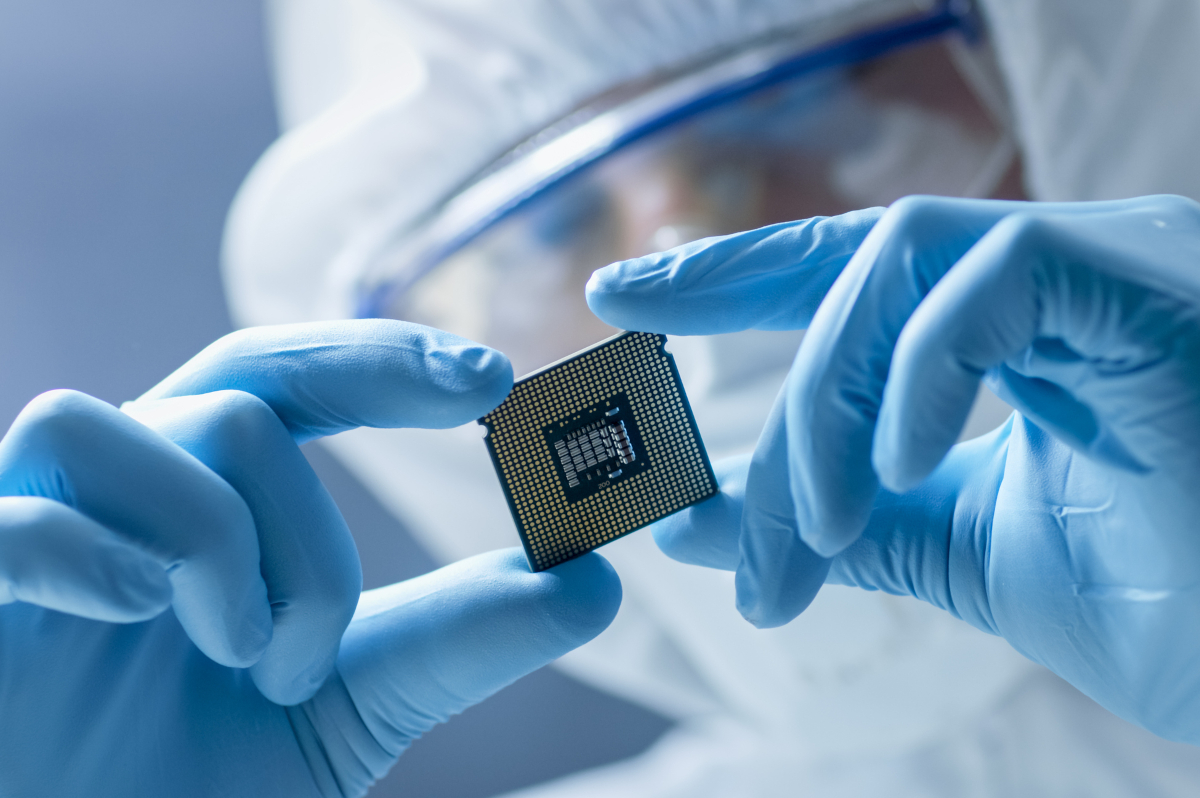Legislative package aims to promote domestic production of chips. Industry experts nevertheless see Europe in a poor position regarding the global semiconductor market.
On Thursday, the European Chips Act came into force. The first EU law of its kind is intended to secure the supply of the high-tech components that are essential for almost all modern technologies. The aim is to double Europe’s share of the world market for chip production to 20 percent by 2030 and to reduce dependence on imports, especially from Asian countries.
A total of 43 billion euros is to be mobilized for this purpose from public and private funds, 3.3 billion of which will come from the EU budget. The rest is to be provided by member states and the private sector. In Germany, the Chips Act covers, for example, subsidies for the construction of chip factories by Infineon, Intel, and TSMC. The latter two are not European corporations, but establishing them would at least strengthen local production, thus shortening supply chains and also boosting the expertise of skilled workers.
Since the EU initiated the law last year, more than 100 billion euros in public and private investments in semiconductors have already been announced, EU Industry Commissioner Thierry Breton told the Tagesschau in July. However, many industry experts criticize that the planned funding amounts are not sufficient to achieve the envisaged 20 percent production share. Compared with the U.S. and China in particular, the EU is falling far behind with its subsidies.
The vulnerability of global semiconductor supply chains has been highlighted in recent years by the chip crisis. The ongoing trade conflict between China and the U.S. also shows the geopolitical explosive power of the critical electronic components.
Photo: iStock/gorodenkoff


